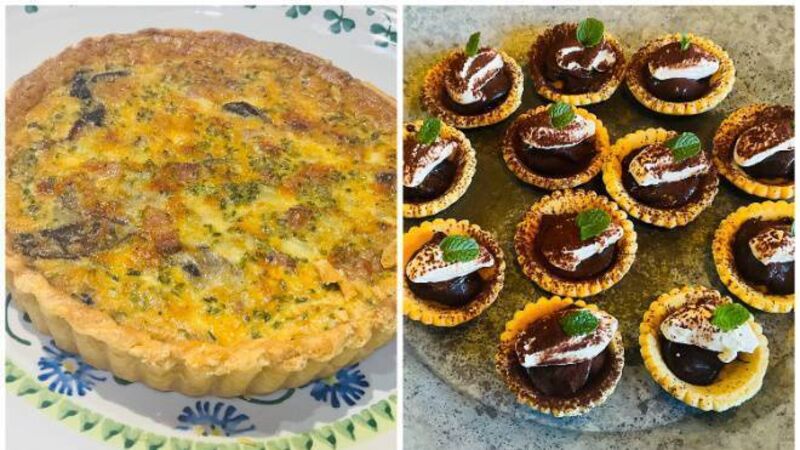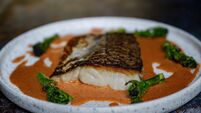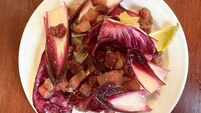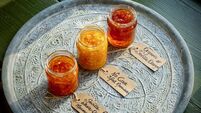Darina Allen: An excursion to Wales - and some pastry recipes

Chocolate tartlets and smokey bacon quiche.
We recently went on an expedition to West Wales to celebrate a special farm anniversary.
Our friend Patrick Holden, a pioneer of the modern, sustainable food movement has been managing his Bwlchwernen Fawr Farm close to Lampeter organically for over 50 years.









